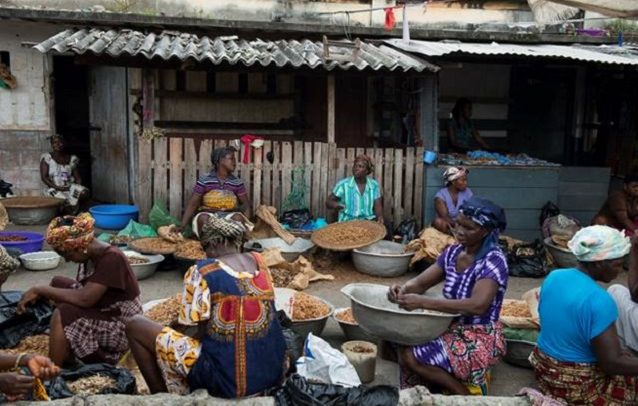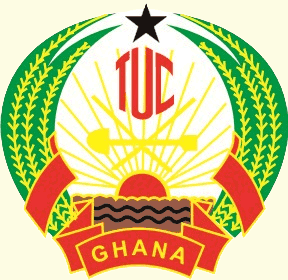
- threat reaches 2m people from 1m in Q2
By Wisdom JONNY-NUEKPE
The World Food Programme (WFP) has estimated that about two million Ghanaians are currently food insecure, while some 657,000 children under five are chronically malnourished.
The WFP works with government and other development partners, civil society and the private sector to prepare and respond to emergencies and build sustainable food security.
The Programme has provided about US$5.6million in cash assistance to crisis-affected people in the country, to enable them have access to food assistance to improve their nutritional status, along with training on digital finance and climate-smart agriculture to improve their livelihoods.
Similarly, the United Nations Food and Agriculture Organisation’s (FAO) Global Information and Early Warning System (GIEWS) has said about 1.05 million Ghanaians were acutely food insecured as of second-quarter this year,
The GIEWS said about 19,000 people out of the number were placed under an emergency category level.
The GIEWS on food and agriculture has established itself as the world’s leading source of information and a respected authority on global food production, consumption and trade.
The agency however admitted that the 1.05 million people were below the 1.37 million people estimated to be in need of humanitarian assistance during the same period in 2023.
The improvement, it said, reflected mainly the above?average cereal output in 2023 as well as significant decline in food and non?food inflation.
Harvesting the 2024 main season cereal crops started in August and is expected to conclude by December in the northern regions.
But the GIEWS noted high production prospects are uncertain due to variable weather conditions across the country.
It says prolonged dry spells in the north are likely to cause production declines compared to last year’s above?average level. However, more conducive weather conditions in key?producing southern areas are likely to avert a major reduction in the 2024 aggregate national cereal output.
The agency disclosed that it is conducting household assessments to determine the extent of impact from recent dry weather conditions in northern areas, where significant production shortfalls are likely to affect local food security conditions.
Domestic help and mitigation measures
In a bid to curb insecurity concerns, the Ministry of Food and Agriculture (MoFA) took delivery of 500 tonnes of cereals from the ECOWAS Regional Food Security Reserve in September this year.
The consignment – made up of maize, rice, millet and sorghum – is to be distributed as food grants to eight regions in Ghana that experienced dry spells leading to disruption of crop production.
The beneficiary regions are Northern, Upper East, North East, Savannah, Upper West, Bono, Bono East and Oti.
Handing over the consignment, ECOWAS representative in Ghana, Charles Ndiaye, pleaded with the country to construct additional warehouses in the north to store more grains.
The post Food security level deteriorates – reports appeared first on The Business & Financial Times.
Read Full Story












Facebook
Twitter
Pinterest
Instagram
Google+
YouTube
LinkedIn
RSS